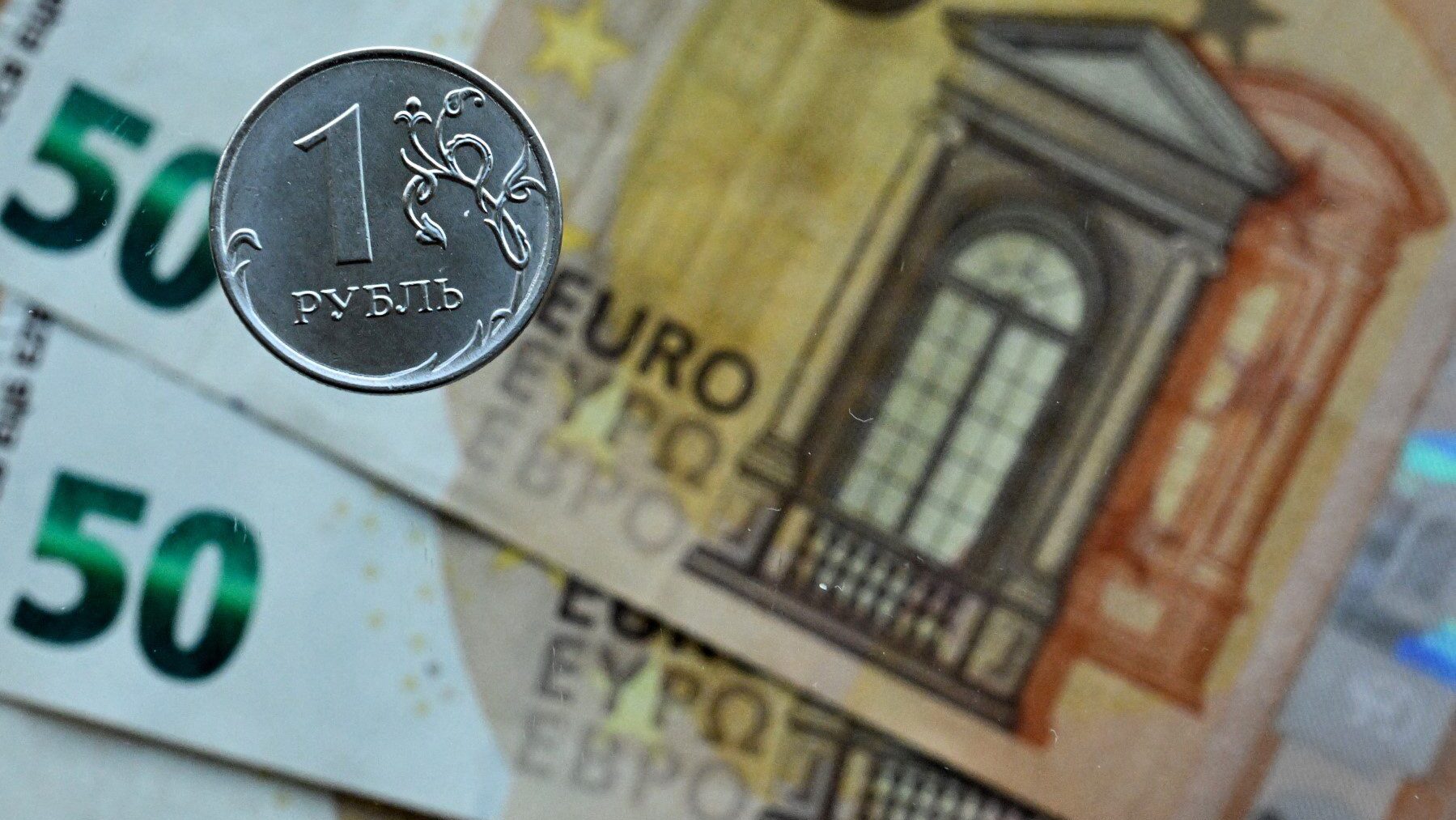
Photo: Kirill KUDRYAVTSEV / AFP
Belgium, the country holding the vast majority of Russian assets frozen in the EU after the invasion of Ukraine, has finally given in to the increasing EU and G7 pressure to transfer the tax revenue collected on the windfall profits to Ukraine starting next year, according to a document obtained by Politico. The gesture allowed the EU countries to agree on using said profits to fund Ukraine during a Council meeting on Wednesday, May 8th.
After the beginning of the war in early 2022, Western countries collectively froze about $300 billion worth of foreign reserves belonging to the Russian Central Bank, €200 billion of which is held in various European financial institutes. For a brief time, the EU considered appropriating the entire amount to turn it into aid for Ukraine, but the plan was quickly abandoned due to the myriad of legal problems it would pose.
Instead, the current idea is to use only the interest-generated profits of the frozen cash, estimated to be worth up to €3 billion a year, and use it to buy more weapons for Ukraine. EU countries’ representatives met in Brussels to hammer out the details on Wednesday, and managed to come to a preliminary agreement that is expected to be formalized by the 27 finance ministers next Tuesday.
In the past days, all eyes were on Belgium where the vast majority of Russia’s frozen cash is held. Until now, Brussels insisted on continuing to keep the corporate taxes collected on the windfall profits in the last two years, about €1.7 billion in total, angering many of its allies.
The Belgian government argued that it used over €1 billion of that money to buy weapons for Ukraine anyway, but others—including Germany, which earmarked nearly €30 billion for Ukraine alone—accused the country of “double-counting” its contributions and using the assets frozen by joint EU decision to boost its own economy.
Finally, Belgium did change its mind but made sure that everyone knew it wasn’t because of the outside pressure by stressing it was a “voluntary” decision. At the same time, it also specified that it would release the tax profits only from 2025 onwards, while the official statement reads as if Brussels would want to maintain the possibility of backtracking on its word any minute.
“The Belgian federal government is prepared to consider a voluntary arrangement from fiscal year 2025 onwards with the EU/G7 to transfer the windfall national corporate taxation from frozen Russian sovereign assets,” the statement reads.
Besides the corporate tax revenue, Belgium found even more cash to be freed up by forcing Euroclear, the company holding the frozen assets, to reduce its handling fees from 1% to 0.3%. The EU ambassadors agreed to use this extra amount to create an “emergency buffer” managed by the European Central Bank (ECB) that’s saved to cover legal litigation costs in case Russia were to challenge the decision.
Belgium’s change of heart probably happened in large part due to the EU Council’s Belgian presidency’s desire to finalize the agreement before its time runs out at the end of next month. In the end, the ‘gesture’ of renouncing the future tax revenues did help cement the deal, which now means an additional €3 billion worth of weapons to Ukraine every year.
